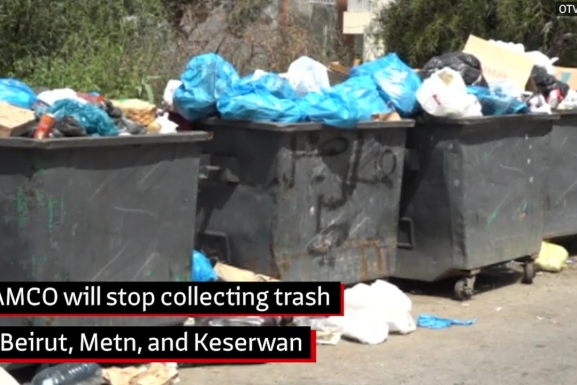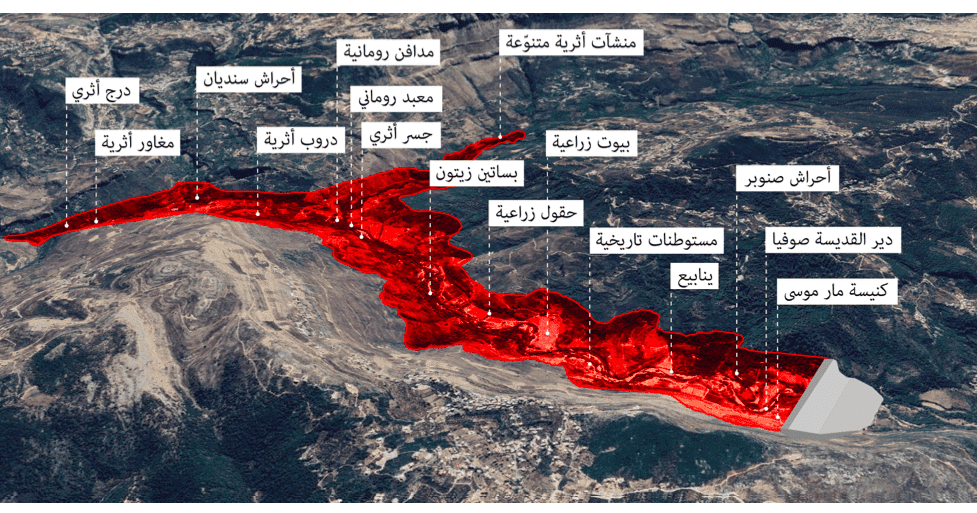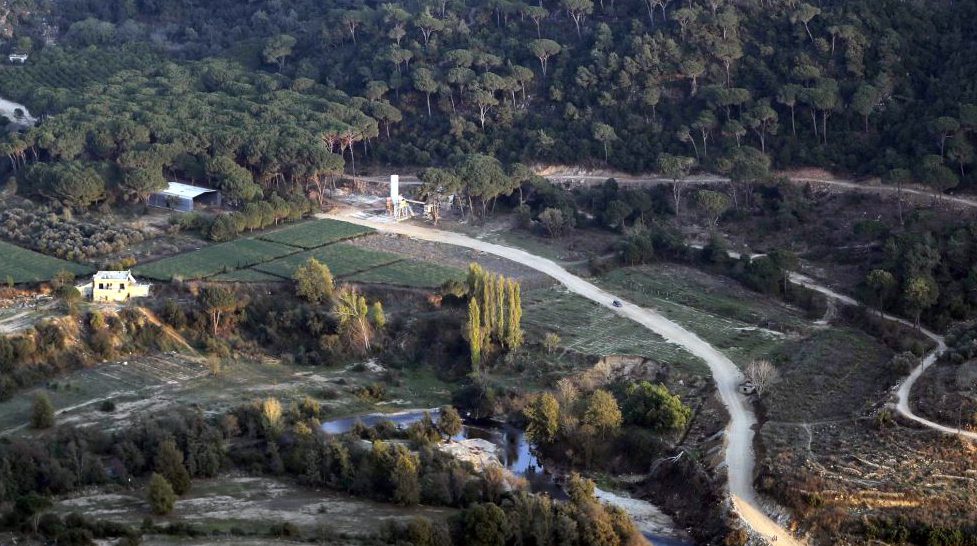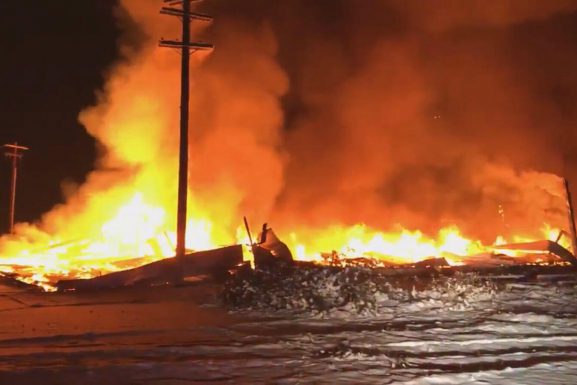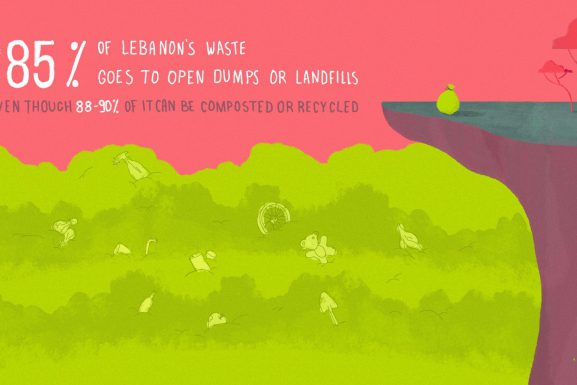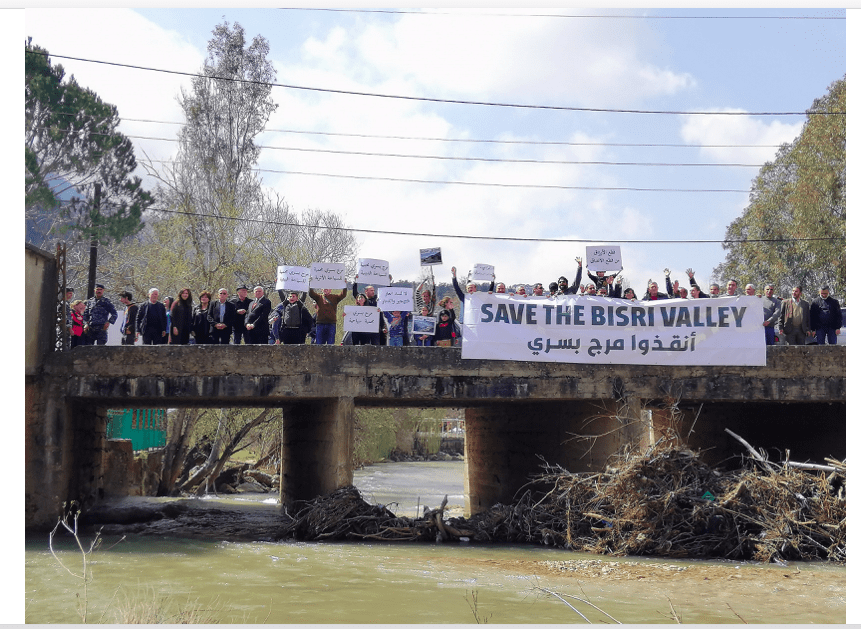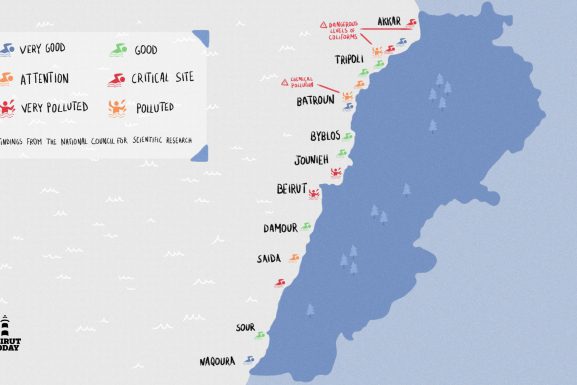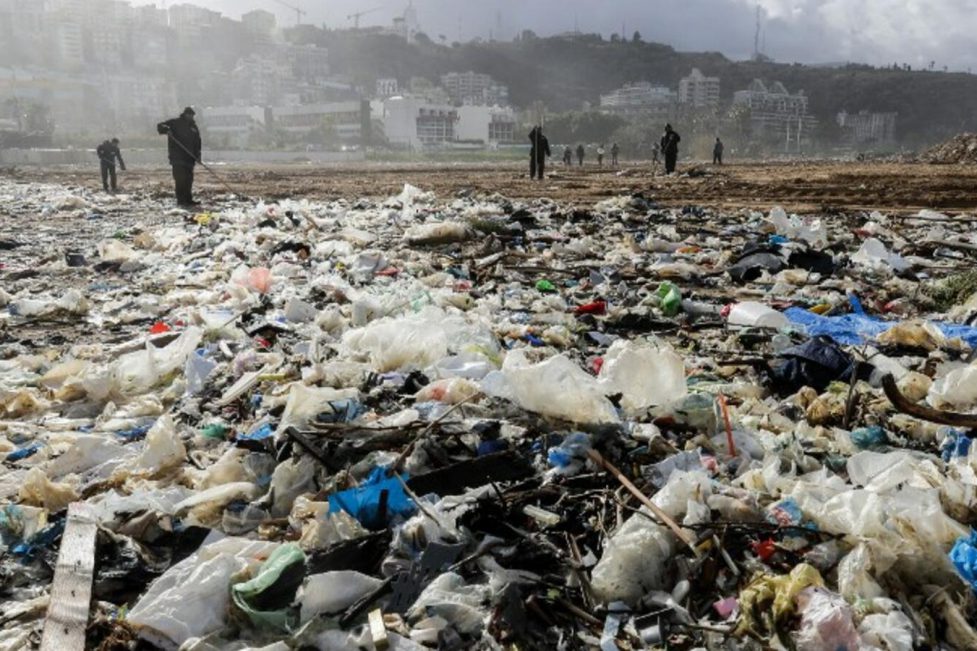RAMCO is asking the Lebanese government to deliver its dues to the waste management company in dollars, as per their contract, so that it can pay off its bank debts and operational costs.
Environment
Reporting on Lebanon’s climate crisis, waste management failures, pollution, biodiversity loss, and environmental governance. This category includes investigations, explainers, and on-the-ground stories about climate resilience, local environmental challenges, and community responses.
At midnight, the World Bank’s September 4 deadline for the Lebanese government to meet “the tasks that are preconditions to...
Activists say the Bisri Dam will lead to an "environmental genocide" and fear further mismanagement of Lebanon's water resources.
In another episode of Beirut Talks, activist and environmental engineer Ziad Abi Chaker discusses the pressing environmental issues that will...
While the history of refugees in the MENA is one of war and conflicts, the future of displacement is rooted in climate change.
The MPs said the project was an example of the “failed policy” that Lebanese citizens have taken to the streets to oppose.
More than 104 fires have spread across Lebanon since early Monday morning, according to the Director-General of Civil Defense, Raymond...
Harsh criticism or reality?
Despite the benefits that the CDR is promising from the Bisri Dam project, environmental activists are not convinced and for good reason.
Breaking down which beaches to go to and to avoid this summer in Lebanon, according to new research from the National Center for Marine Sciences.
Not only does Live Love Recycle provide a free recycling collection service in Beirut, but also grants jobs to 436 people from vulnerable communities.
The secret services of the world probably never had to hide evidence of extraterrestrial life because if the aliens came within the last century, you can be sure that they turned right back around. Who in their right mind would want to inhabit Earth in the state it’s in? A...


